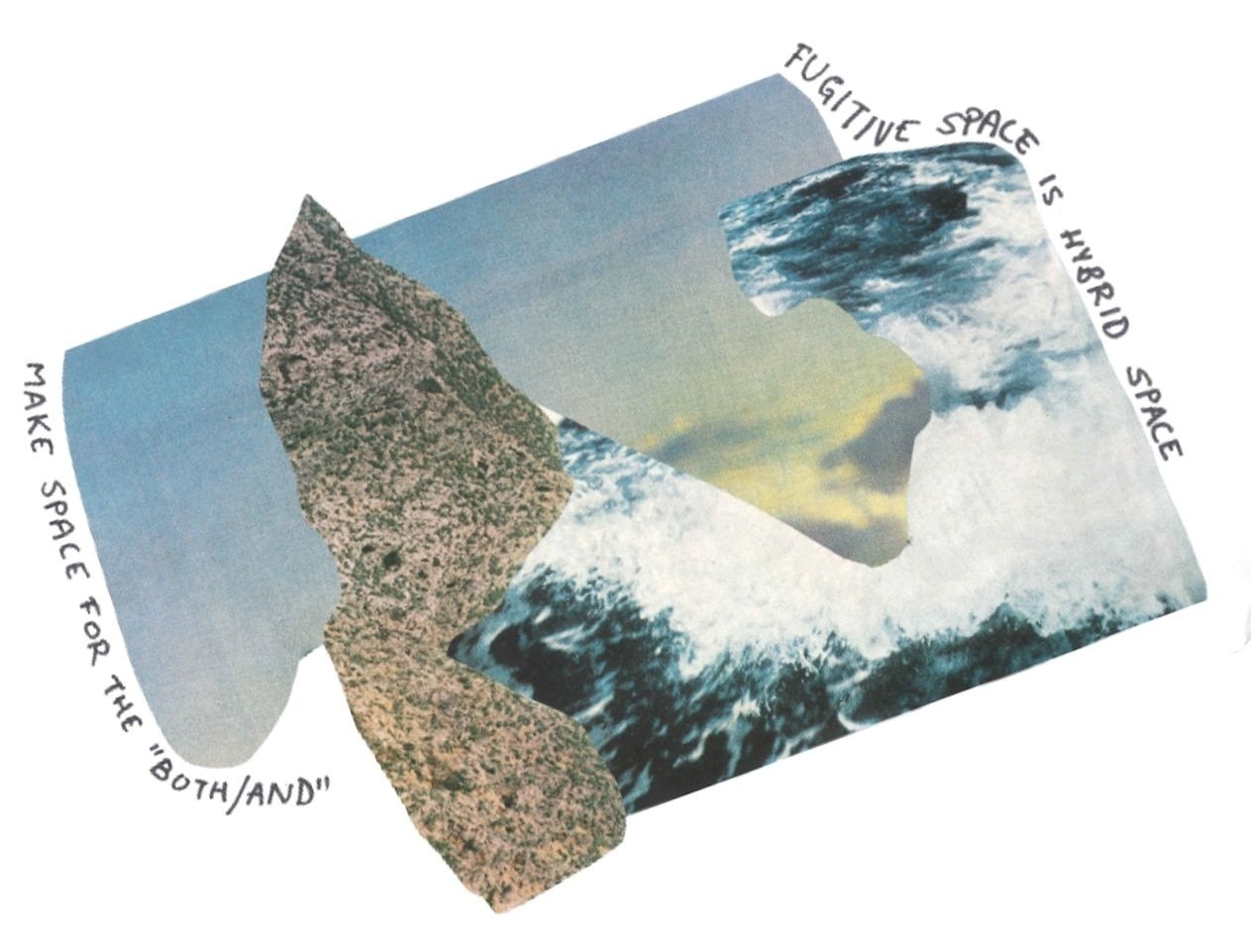wmgs 299: cultures of girlhood (fall 2022)
This course uses an intersectional feminist perspective to explore not only the cultural construction of girlhood and its representations, but the ongoing cultural practices of girls themselves. We explore the various ways that “girls” have always had a unique relationship to producing, consuming, and participating in culture. We will interrogate and resist the universalization of the girlish subject, integrating readings that ask students to reframe “girl” in relation to race, class, sexuality, age, and nation.
Girls’ or girlhood studies is a rapidly developing area of women’s and gender studies, and this course aims to provide students with a grounded understanding of girls’ studies as a subfield. We start the course with a look into what constitutes official or canonical girls’ studies scholarship, but then quickly move into readings and discussions that trouble what kinds of girls and culture have been left out of that canon. In the latter parts of the course, we turn from the ways that girls have been theorized about to the ways that they theorize themselves; that is, the kinds of self-representational media they create and repurpose as cultural producers in their own right. Throughout the course, we will work together to trouble the one-dimensional nature of many classic girl studies texts, and push back against a flattened understanding of girls and girls’ culture by integrating a variety of popular culture and real life examples into our classes, assignments, and discussions.
wmgs 399: fan identities and cultures (winter 2023)
This course introduces students to fan studies as a field of feminist inquiry and encourages an intersectional engagement with questions of audience, media industries, cultural hierarchies, embodiment, and digital cultures. Fans have a complex relationship to both media industries and other types of audiences — this course understands media fandom as a means of access to and transformation of culture itself, addressing fandom’s participatory tools and transformative potential. Together, we will explore questions concerning the role of gender, sexuality, race, and desire within different types of media fandom (film, television, music, sports, etc.). Topics will include fandom history, gendered theories of fan hierarchies, fan labour, queer and decolonial organizing in fan spaces, and online affect/ethics.
In our current era of media convergence, media fans have been transformed from a stigmatized subculture into a mainstream demographic, considered and even catered to by various media industries. This course begins by surveying the history and significance of fan studies and its overlap with feminist cultural studies, from the 1970s to the present, and examine a range of fan cultures and practices. We will consider ongoing debates around how gender, race, and other identity categories inform the social construction of the “good” fan, taking up questions of fan labour, fan embodiment, and the increasingly gendered commodification of fan culture in turn.
fugitive spaces teaching & learning symposium (2019)
In spring 2019, Margeaux Feldman and I organized a low-barrier, one-day teaching and learning symposium that centred graduate and undergraduate student voices, as well as those forms of teaching that take place beyond the classroom.
Something that felt really important to us as co-organizers was having some kind of collective record of the day and our conversations, so we set up a quiet space full of craft supplies, prompts, and some example zines. We have been fortunate to publish the incredible outcome of this collective zine project in a special issue of MAI: Feminism and Visual Culture on feminist pedagogies.
All of the pages in this zine were created in collaboration with presenters and attendees. All work was submitted anonymously. As part of this process, we asked our contributors to share any quotes from the presentations that they found meaningful, and later we also invited the presenters to submit their papers as material for many of the pages. Authors included Kay Zimmer, Nate Crocker, Nic Tagle, Chris Orr, Lex Konnelly, Rachel Asevicius, and Mónica Espaillat Lizardo.



